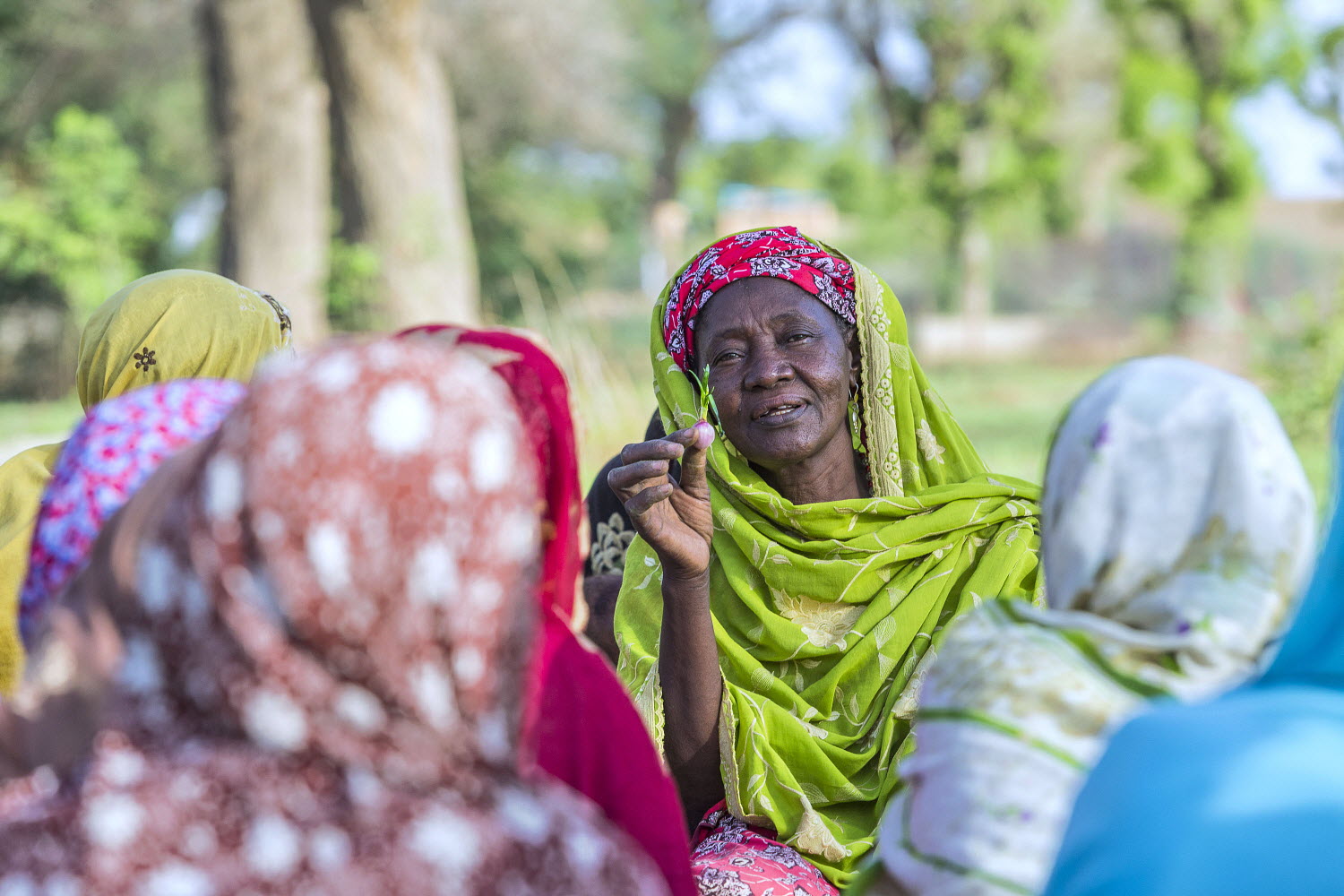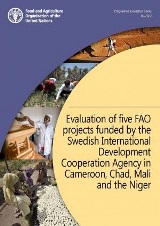Dimitra clubs: community listeners’ clubs for the empowerment of women and men

Dimitra clubs are rural groups of women, but also of men and young people who organize on a voluntary basis to discuss development issues and challenges and find solutions together, in their community using their own resources, without relying on support outside.
These clubs contribute to the implementation of FAO projects and programmes in areas such as nutrition, peace, food security, adaptation to climate change. FAO facilitates their setup and provides them with training and mentoring. They are self-directed and trigger transformation social and economic in their communities. The groups work with community radio stations, which broadcast interactive programs in local languages to improve knowledge and understanding issues important to community life and livelihoods. They allow their members and auditors to strengthen their skills in agricultural practices and livestock, reducing food shortages, building resilience, hygiene and sanitation, health, nutrition and food safety.

Women support group meetings at the ASTF supported horticulture farm in Gafati, Niger.
⦿ In Niger, for example, the Boudouri club "Yaki Da Hamada" (i.e. fight against desertification) played an essential role in social cohesion within the community and the dissemination of hygiene-related activity. With FAO's support, the club has benefited from radios, batteries and small photovoltaic panels that charge batteries. With a Secretary General who oversees approval and administrative management, the club is made up of 25 to 30 members who have organized themselves to create and contribute to a common fund that supports members when needed. The club supported a community member to build a wall for his house and another member to pay health costs at the Maloumdi health center. Members also seek external support to tackle problems beyond their capabilities.
⦿ The Dimitra clubs set up in Niger have enabled the affected populations to be better informed and to be able to communicate with the project. According to the sub-group discussions, they have strengthened social cohesion within the communities. Within these clubs, the organization by age group and affinity shows the ability of people to associate, create spaces for communication and reflect together on consensual solutions to face adversity. The theme of protection and conflict sensitivity has been widely discussed within Dimitra clubs, allowing everyone to express their experience of violence in this crisis. In ten months of operation of these Dimitra clubs in the four sites (Chétimari, Boudouri, Guidan Kadji and Sayam) the communities themselves declared to be proud/satisfied with the various results generated by the actions they initiated and undertaken (assessment of the 2018 activities of the NGO APEBA).
⦿ The clubs have opened real spaces for dialogue and exchange between women and men separately, but also in plenary sessions. According to interviews with the stakeholders, they played a facilitation role, but also a sounding board to convey information from the target populations to others outside the club. This has strengthened the participation of the target populations in the monitoring of day-to-day activities.
See also

